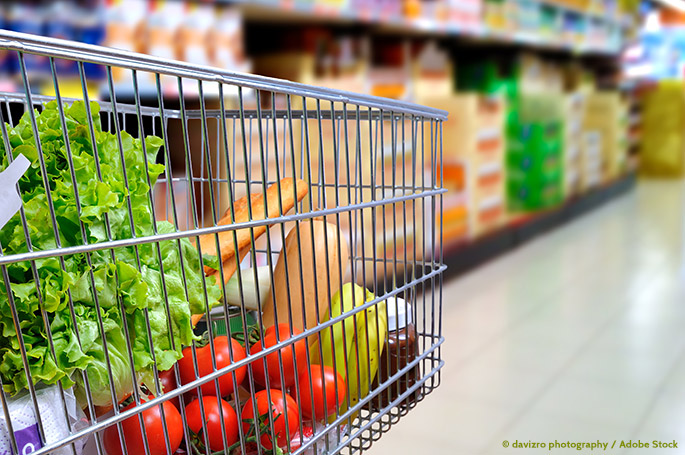
Food waste is a huge problem all around the world. Even in rich nations, where food is plentiful, there are people who simply cannot afford to feed themselves and their families. What makes it galling, though, is that in many countries companies will take perfectly edible food, and throw it in the garbage, instead of giving it to those in need and writing the cost off as a loss on their taxes. However, France has decided that enough is enough, and passed a law that forces supermarkets to donate edible, unsold food to food pantries and other charities, instead of simply throwing it away.
Will This Be The Future?
According to The Guardian, France threw away roughly 7 million tons of food on an annual basis. This law, which passed unanimously through the French Senate, is the first of its kind in the world. It began as a grassroots effort, meant to help fight against poverty and waste, and it blossomed into a measure that could have huge, far-reaching changes.
The question is, though, whether other nations will follow France’s example. There is no excuse to have people going hungry in nations that produce so much food, but it happens, and it’s been happening for decades. Initiatives like the one in France could make a serious dent in world hunger, and they could provide genuine help to those most in need. They could also curb the amount of waste we generate, cutting down on the amount of food that winds up in landfills, which could lower the amount of greenhouse gases produced by decomposing fruits and vegetables.
It seems like a common sense measure, but it’s going to be costly for corporations and stores. Then again, change never happens until someone steps up, and demands those costs be paid for the good of everyone.




































































































































 Three Ways to Engage Teams and Clients to Maximize Your Recycling Program Engagement
Three Ways to Engage Teams and Clients to Maximize Your Recycling Program Engagement  How to Integrate Accessibility Into Your Sustainability Planning
How to Integrate Accessibility Into Your Sustainability Planning  Why Park Benches Can Promote Workplace Well-Being
Why Park Benches Can Promote Workplace Well-Being 
